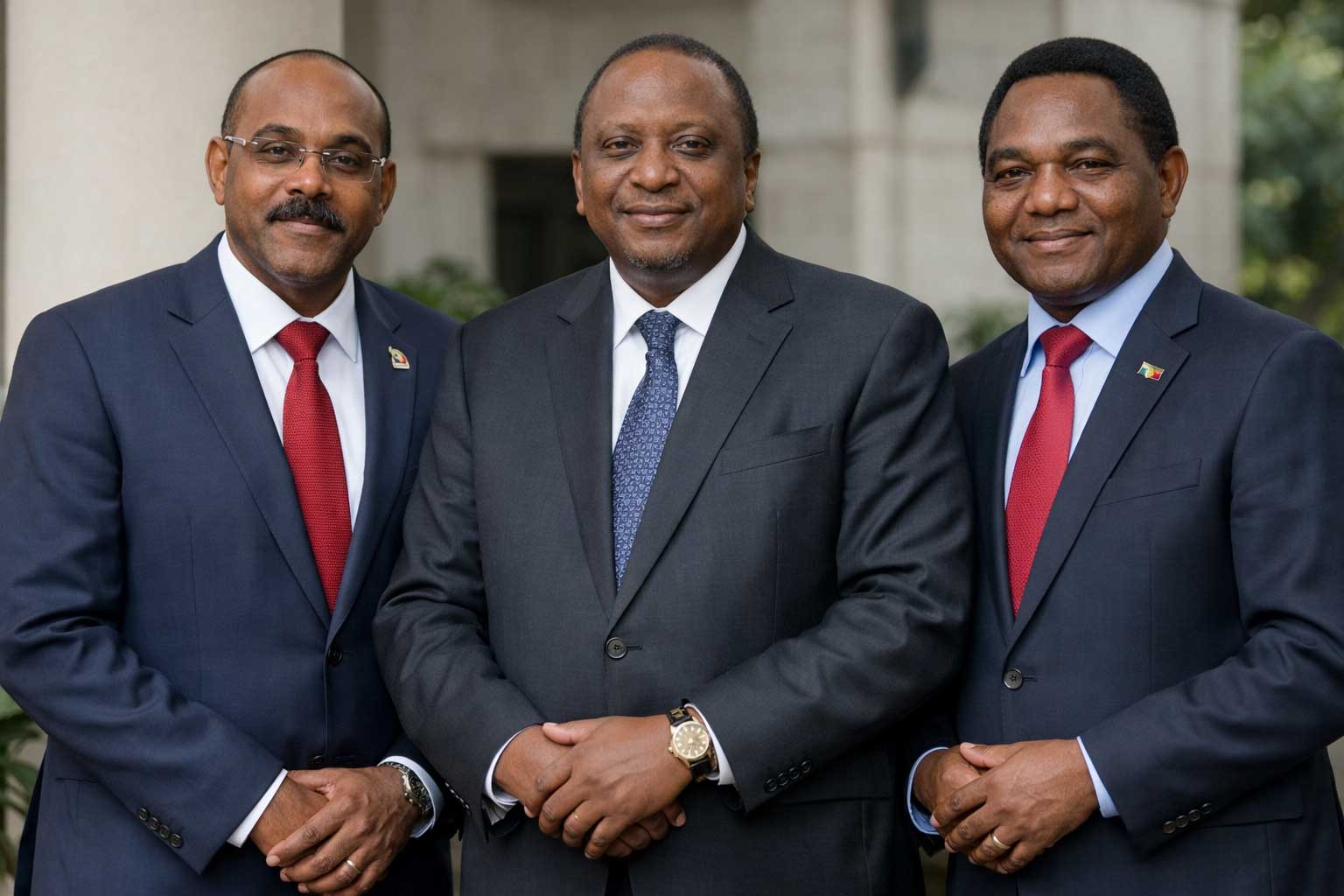Lifesaving health initiatives and medical research projects are facing a critical halt worldwide amid the Trump administration's recent 90-day suspension of foreign aid. This pause has been particularly detrimental to programs aimed at combatting diseases such as tuberculosis, malaria, and HIV.
In Uganda, vital services have come to a standstill, with the National Malaria Control Program halting its insecticide spraying efforts within communities and the distribution of bed nets to protect vulnerable populations, particularly pregnant women and young children. Dr. Jimmy Opigo, the program’s director, highlighted the dire consequences of these halted efforts.
Zambia is experiencing similar setbacks, as truck companies responsible for transporting essential medical supplies—including life-saving medications for pregnant women and rehydration salts for children—are unable to fulfill their contracts due to funding being suspended by the U.S. Agency for International Development (U.S.A.I.D.).
Furthermore, dozens of clinical trials across regions including South Asia, Africa, and Latin America have been postponed indefinitely, resulting in thousands of participants being left without access to necessary treatments or their supervising researchers. During interviews, numerous program managers and researchers voiced their distress over the sudden disruption, many fearing further repercussions should they speak publicly about the situation.
Emotional accounts from these individuals reveal the tragic consequences of the funding freeze, with many shedding tears over the potential collapse of decades of progress achieved in their respective fields. As the world watches, the halt in foreign aid poses a significant threat to global health initiatives that have tirelessly fought against preventable diseases, raising urgent concerns about the future of healthcare in developing nations.




















